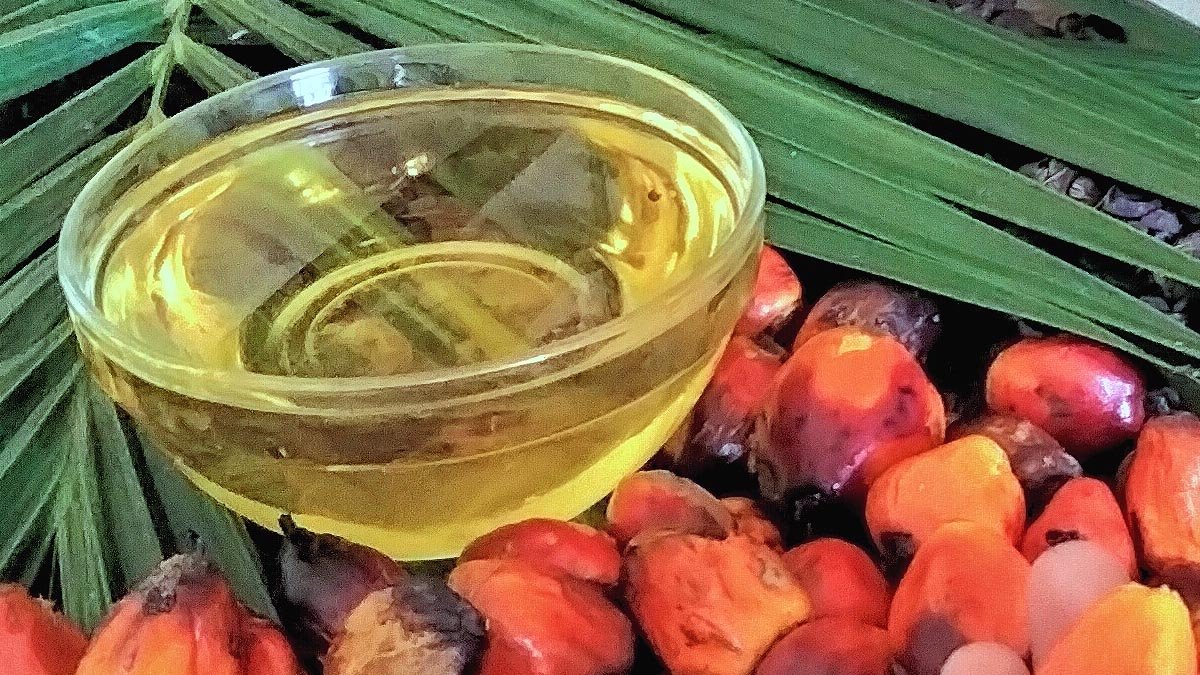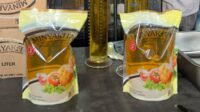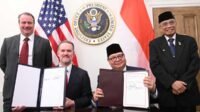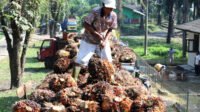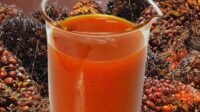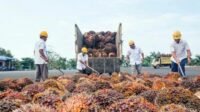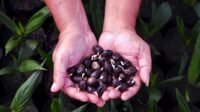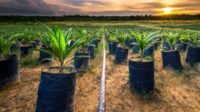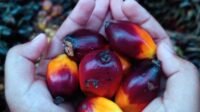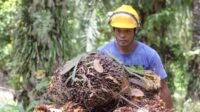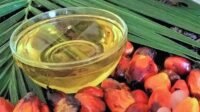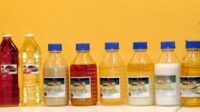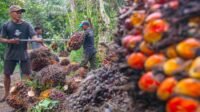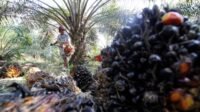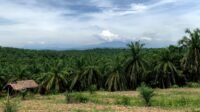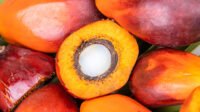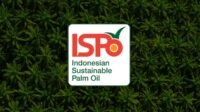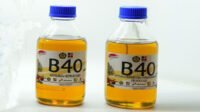PALMOILMAGAZNE, BOGOR – The Serikat Petani Kelapa Sawit (SPKS) is calling on RSPO-certified mills and buyers to build direct connections with certified smallholders. This step is vital to ensure that fresh fruit bunches (FFB) produced by RSPO-certified smallholders can enter traceable supply chains—allowing their hard work and investment in sustainable practices to be fairly rewarded.
Many smallholders have dedicated significant time and resources to meet RSPO’s higher sustainability standards. What they need now is simple: open intake at certified mills, clear onboarding procedures, and fair payment. While efforts to increase physical intake continue, SPKS also urges buyers to keep purchasing Independent Smallholder (ISH) credits at fair prices to help farmers sustain their certification and ongoing improvements.
Under the European Union Deforestation Regulation (EUDR), traceability back to the farm through geolocation is now a requirement. While credits remain a valuable support mechanism for smallholders, they cannot replace the need for a direct physical link to certified mills and transparent, traceable supply chains.
Also Read:
However, the current market presents serious challenges. Reports from late 2024 showed declining prices for RSPO credits, making it increasingly difficult for smallholders to cover certification costs and maintain good agricultural practices. The volume of unsold smallholder RSPO credits continues to rise. In response, RSPO introduced a Carry Over Credits mechanism in 2025, allowing independent smallholder groups to roll unsold credits into the next licensing period. Still, this growing backlog highlights an urgent need for buyers’ commitment and attention.
“We are not here to point fingers. We are ready to collaborate with mills and buyers, starting today,” said Sabarudin, Chairperson of SPKS. “Smallholders have worked hard to meet sustainability standards. If mills and buyers are ready, we can help coordinate so certified FFB can reach certified mills—with minimal paperwork and fair payments,” he he said in a statement received by Palmoilmagazine.com on Sunday (Nov 11).
Recent research underscores the urgency of action. A study led by the University of Hawai‘i found that RSPO-certified mills in Indonesia sourced only about 7% of their fruits from independent smallholders, despite the fact that independent smallholders produce around 34% of the country’s total palm oil fruits. Meanwhile, civil-society reports show that nearly 50,000 smallholders have already been certified under the RSPO Independent Smallholder Standard. These groups continue to urge buyers to purchase ISH credits at fair prices while physical linkages are still being established.
Also Read: SPKS Urges Finance Minister Purbaya to Scrap Palm Oil Export Taxes for 3.5 Million Farmers
SPKS emphasizes that smallholder groups are ready to work hand-in-hand with mills and buyers. “We can share group lists and maps, align delivery schedules, support on-farm verification, and publish joint progress updates,” added Sabarudin. “Our goal is simple: to turn certification into real market access—strengthening rural livelihoods and ensuring sustainable practices remain firmly in place.”
About SPKS
Serikat Petani Kelapa Sawit (SPKS) works with independent smallholders across Indonesia to promote fair market access, improve rural livelihoods, and ensure genuine inclusion of farmers in sustainable palm oil supply chains. (P3)

